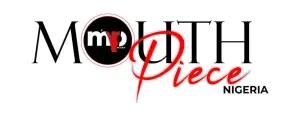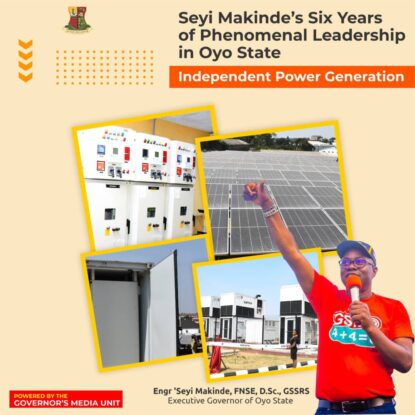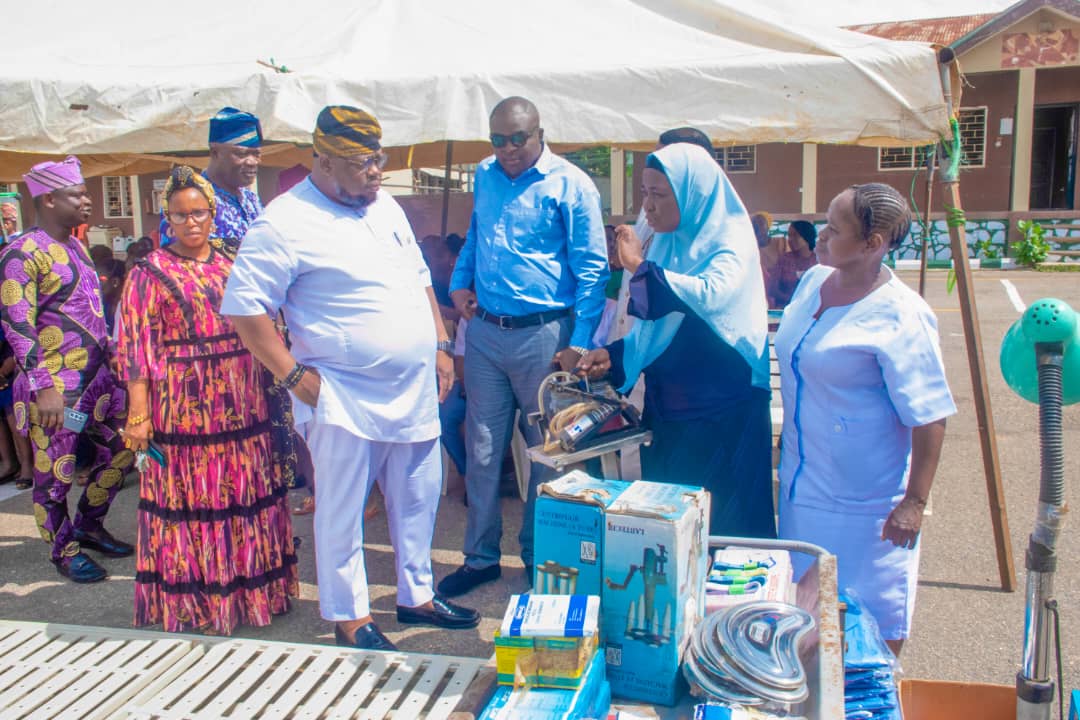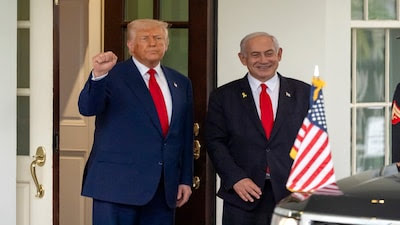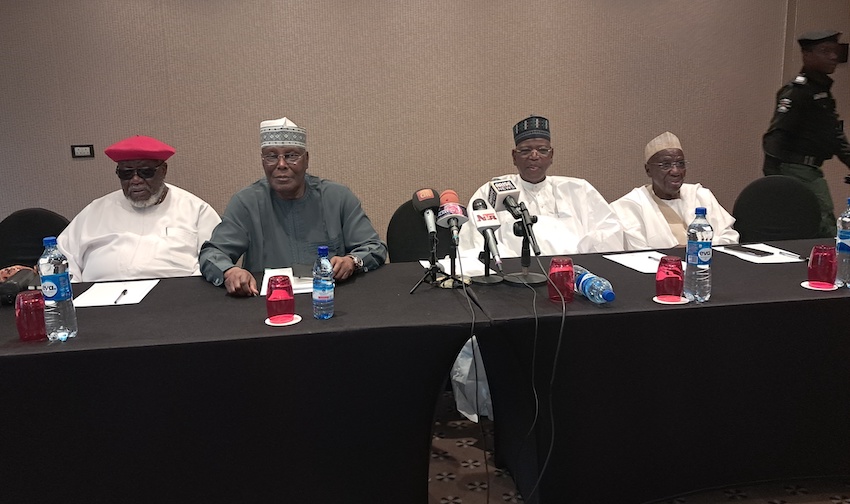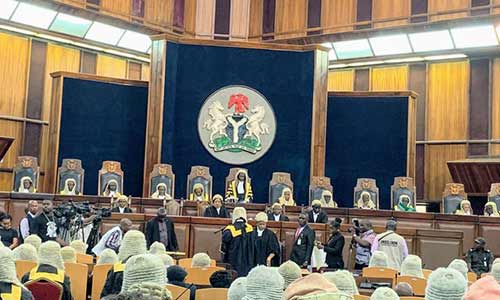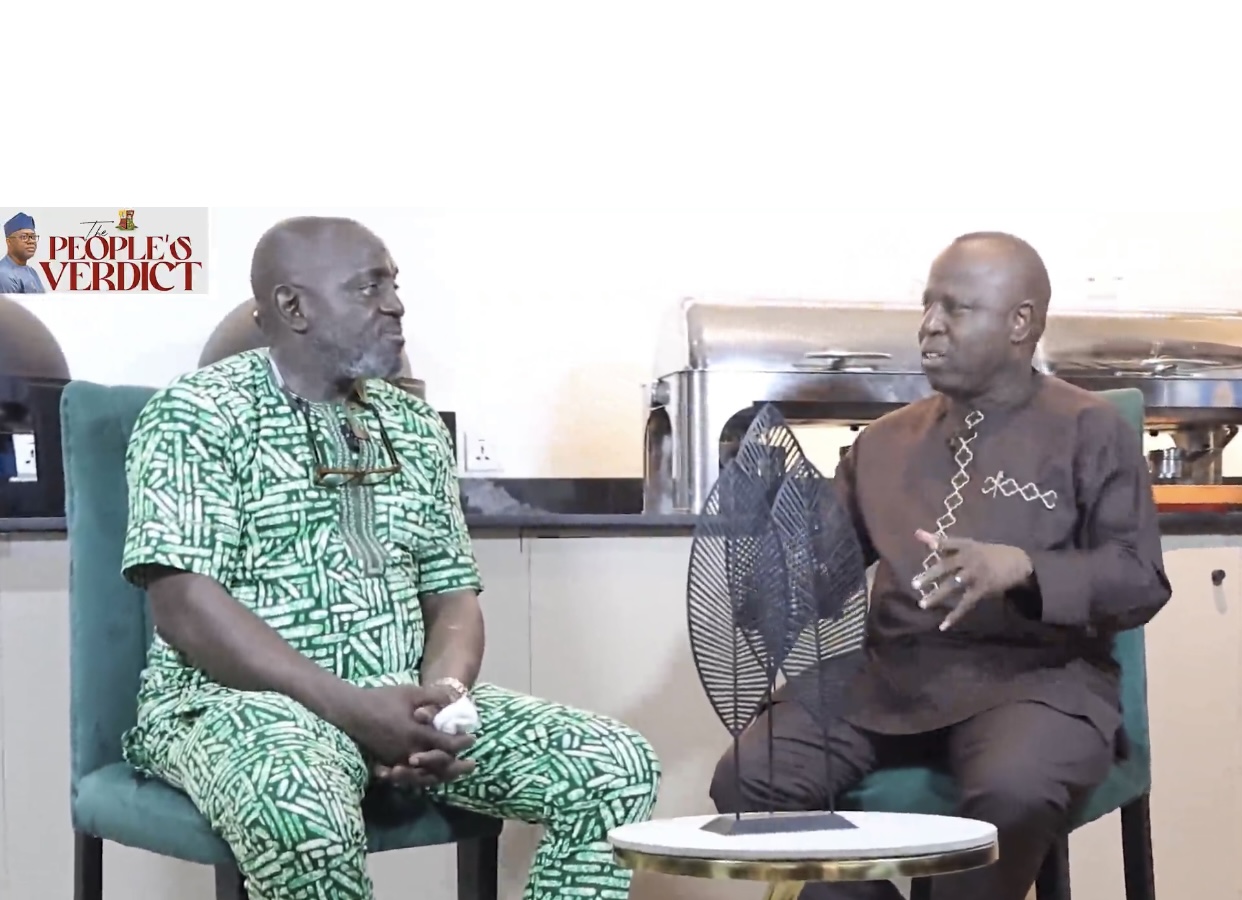How Poultry, Packaging Cartels Fix Prices, By FCCPC Boss
The Federal Competition and Consumer Protection Commission (FCCPC) has revealed how cartels in Nigeria’s poultry and packaging industries manipulate prices to remain high despite government support.
This disclosure was made by FCCPC’s Executive Vice Chairman and CEO, Mr. Tunji Bello, at a stakeholders’ meeting in Uyo, Akwa Ibom State, part of the agency’s advocacy campaign against exploitative pricing across Nigeria.
According to Bello, large players in the poultry industry have created an environment where smaller farmers are pressured to follow inflated pricing strategies. “The small poultry owners used to sell a day-old chick for between N480 and N590 and still made a profit,” Bello stated. “But with two large players entering the market, they were soon in a position to control 80 to 90 percent of the poultry market in the city.”
These large players allegedly hijacked the local poultry farmers’ association, raising the price of a day-old chick to N1,350, counteracting economic principles that suggest increased production should reduce prices. Government support has been ongoing, including the provision of broilers, feeds, and financial aid through the Federal Ministry of Agriculture and Food Security. However, despite these interventions, poultry prices continue to climb. For instance, the cost of starter mash has jumped from N11,000 in October 2023 to N23,500 by October 2024.
Bello also highlighted pricing manipulation within the packaging industry. “The cartel in the packaging sector consists of five major players who control prices in a mafia-like fashion. If you attempt to check the price with another supplier, the first seller would have already informed the next to quote the same price,” Bello said.
While such practices could be penalized under the FCCPC Act, which allows for fines and jail terms, the FCCPC has opted for dialogue to encourage fair practices. Bello urged businesses in Akwa Ibom to work with the FCCPC to prevent exploitative pricing and promote market integrity.
Bello also noted that President Bola Tinubu has introduced economic relief measures, including food import tariff reductions, VAT removal on pharmaceuticals, and tax waivers for businesses. “It is only fair that our businessmen and businesswomen share such gains with consumers in the form of reduced prices,” Bello concluded.
